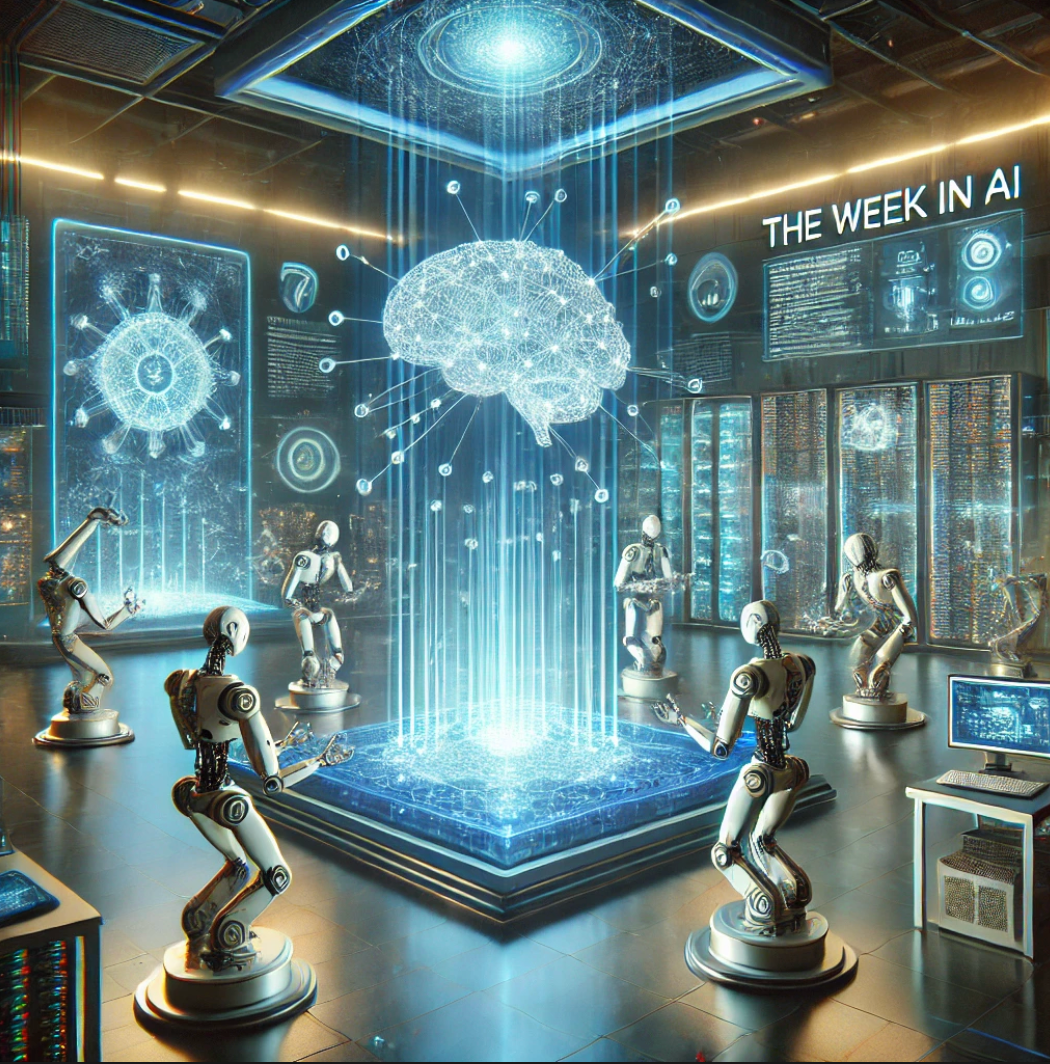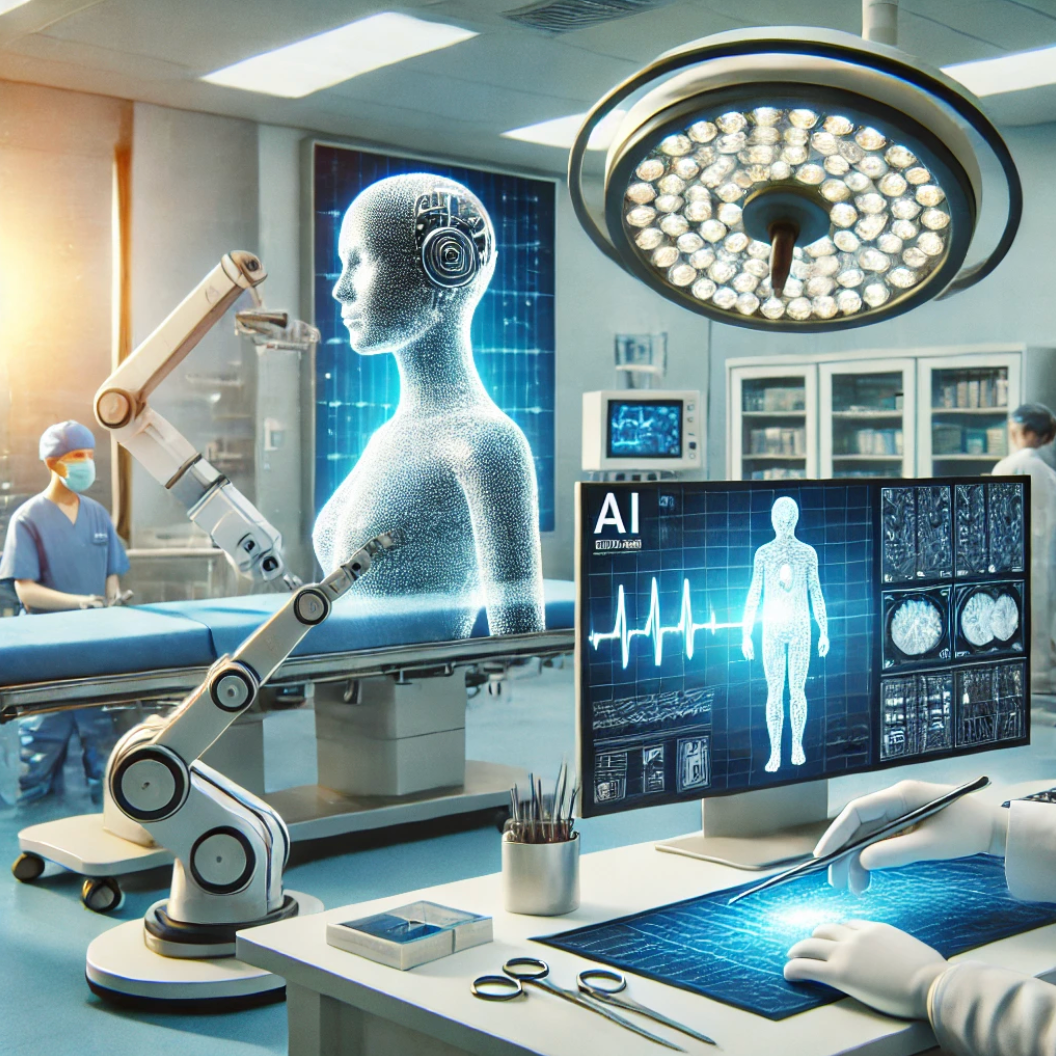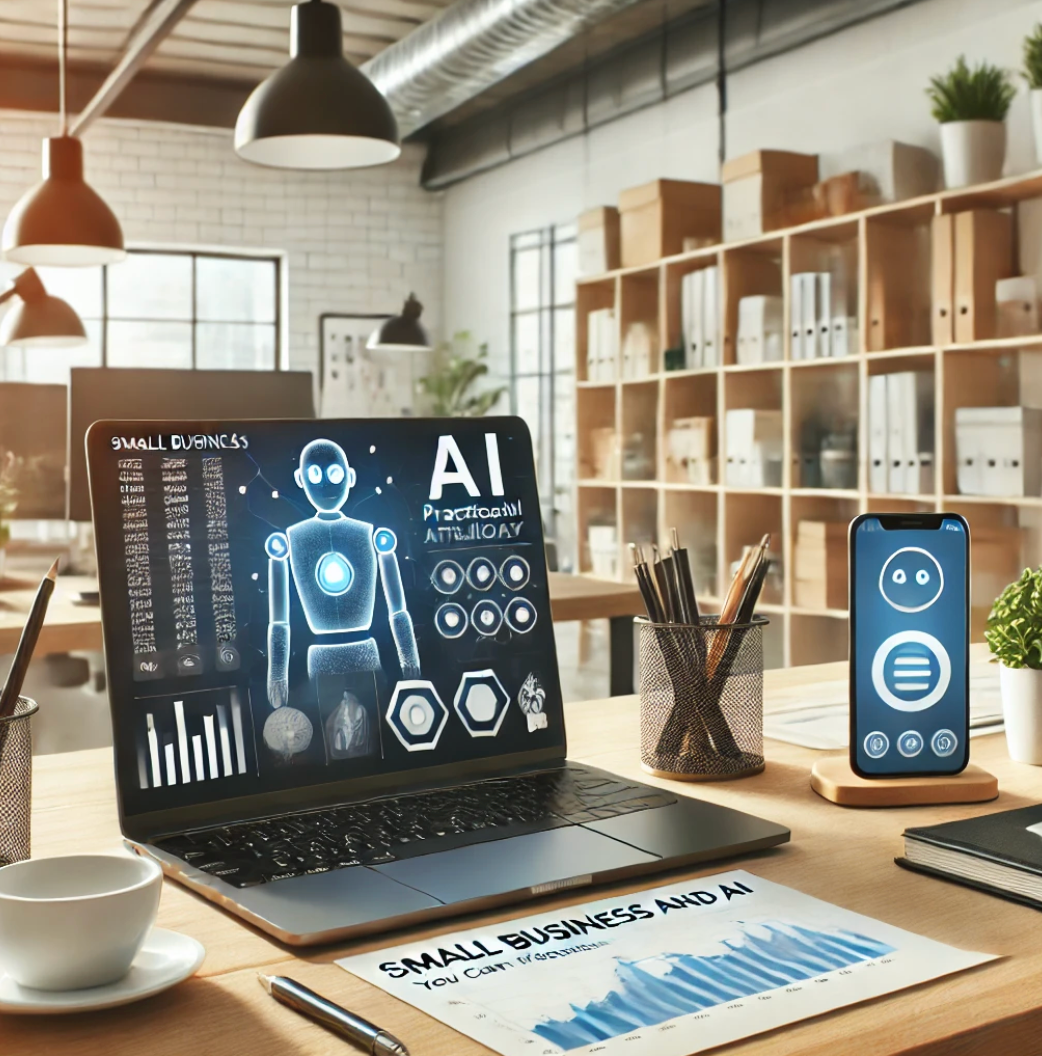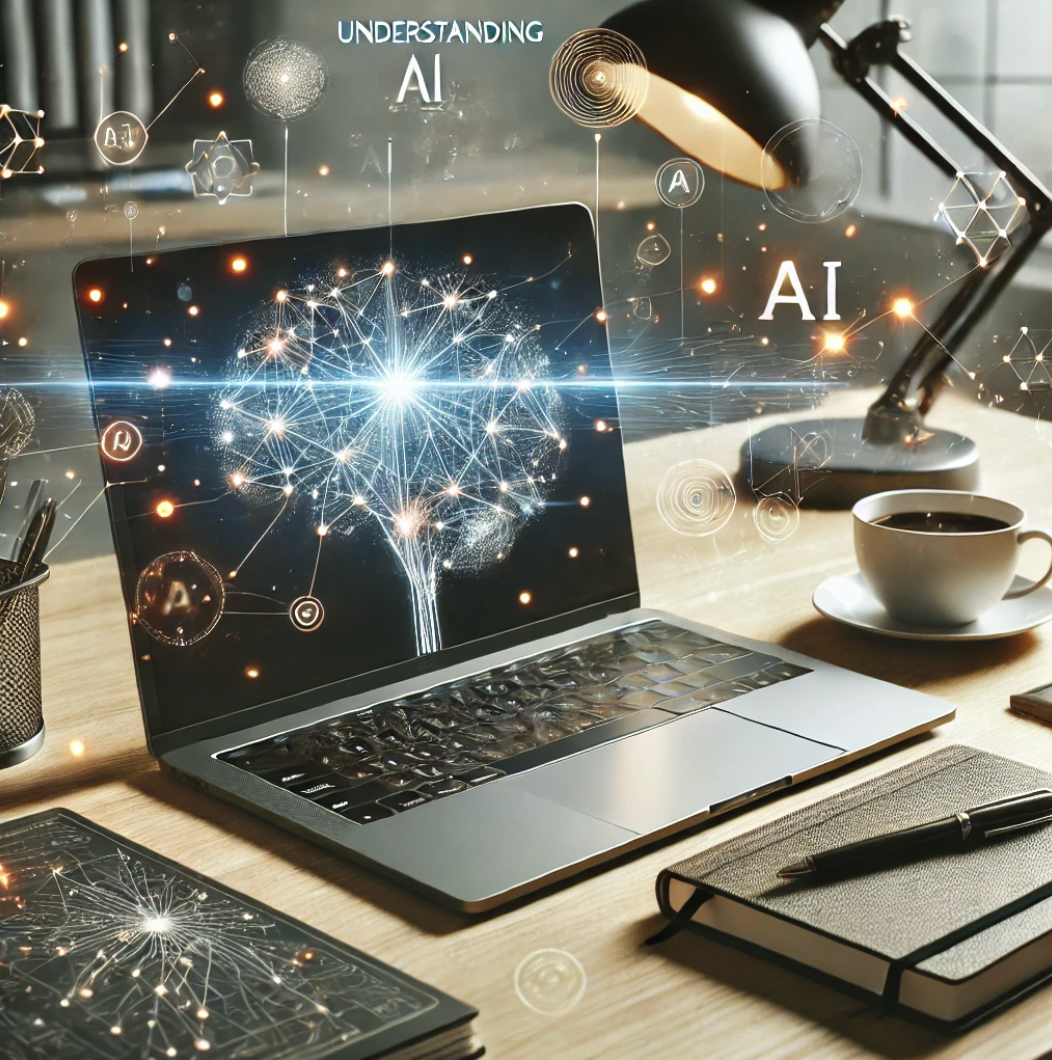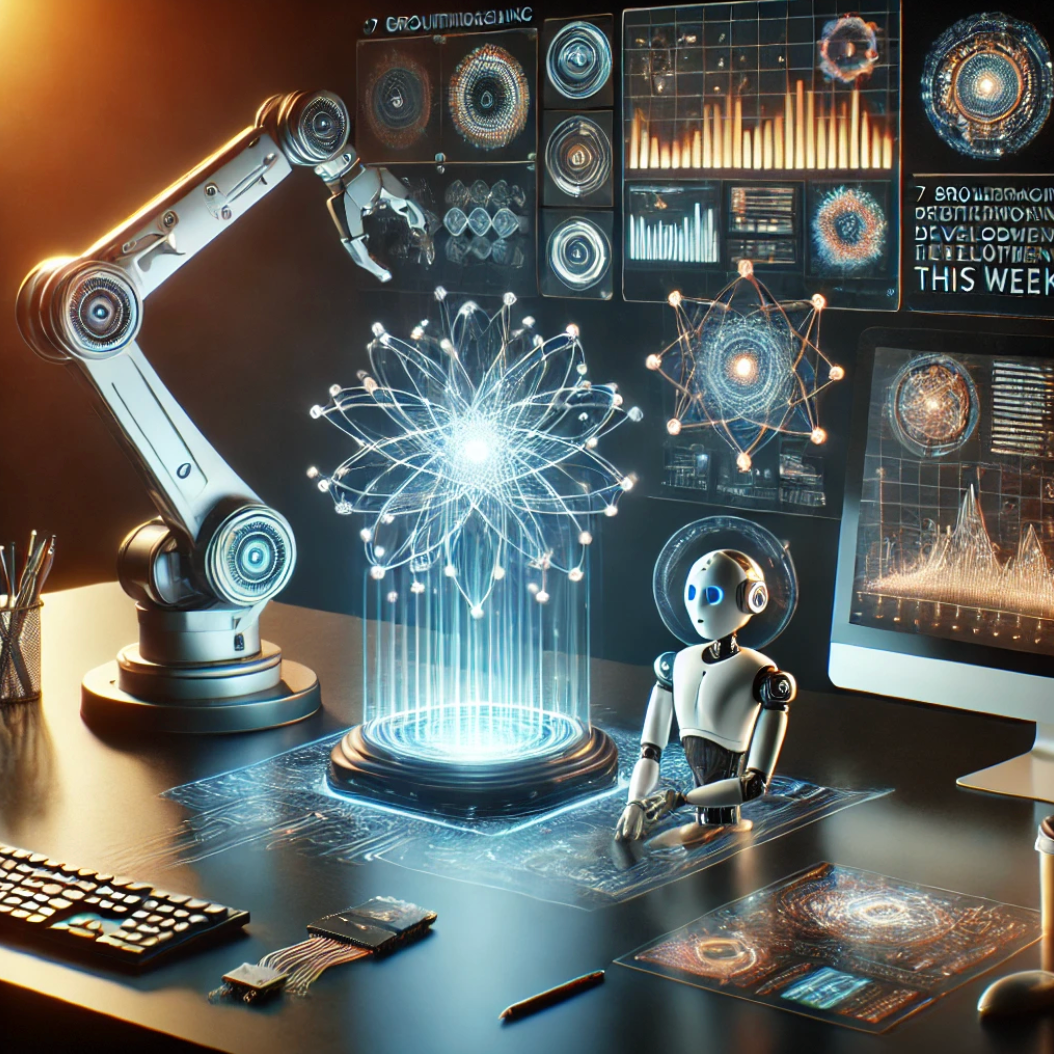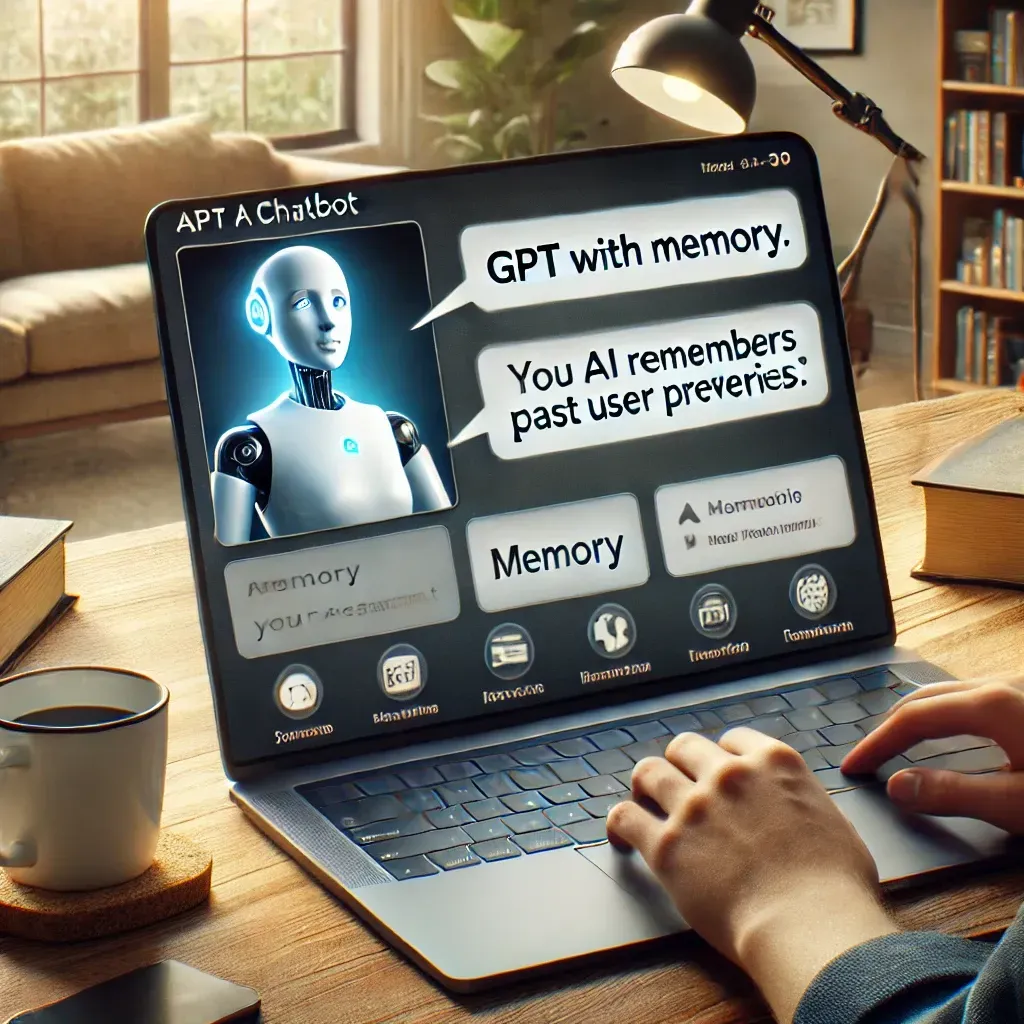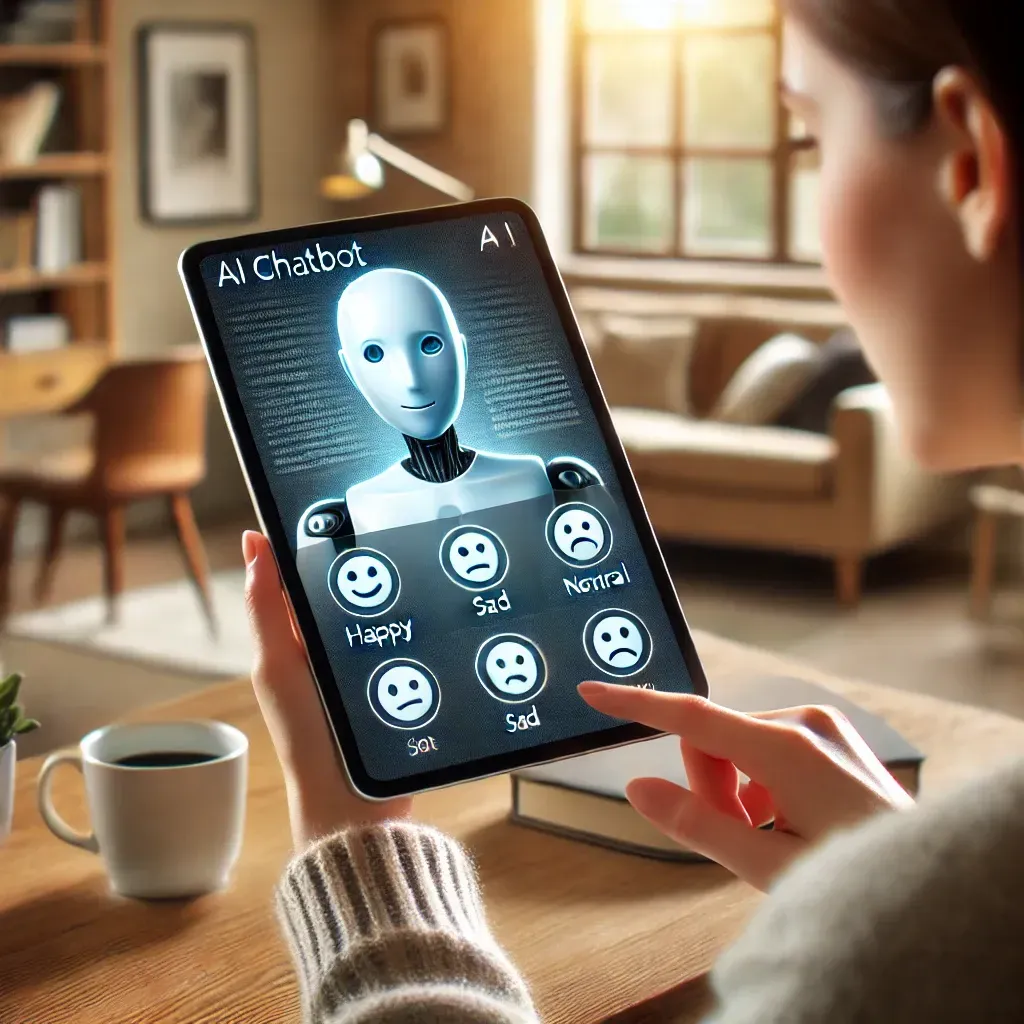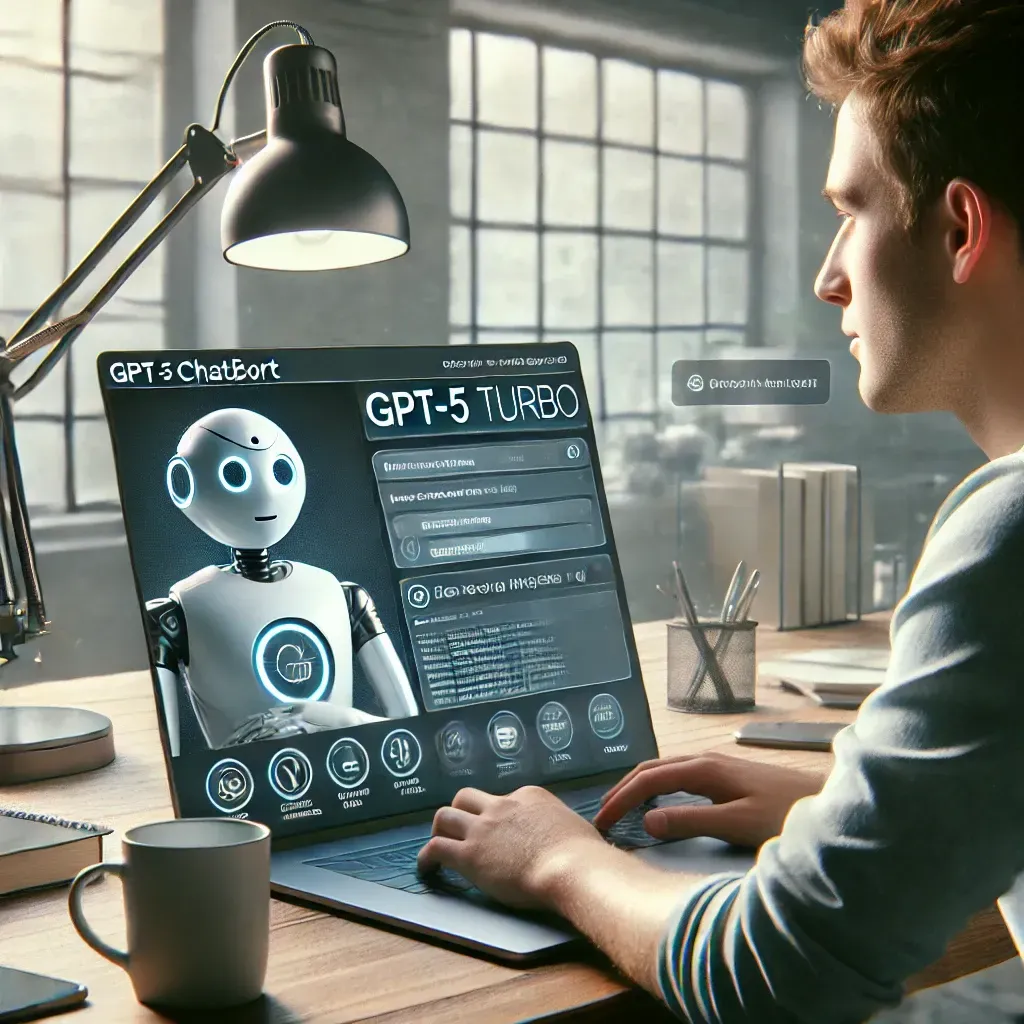The Future of Work and AI
Mitigating Job Displacement and Ensuring Equitable Outcomes
Artificial intelligence (AI) is rapidly transforming our world, and the workplace is no exception. While AI promises to automate tedious tasks, boost productivity, and create entirely new job opportunities, it also raises concerns about potential job displacement. This blog post delves into the intricate relationship between AI and the future of work, exploring strategies for mitigating job loss, ensuring equitable outcomes, and preparing the workforce for a future powered by AI.
The Rise of AI and Automation: A Double-Edged Sword
AI advancements are making significant strides across various industries. Machine learning algorithms are automating routine tasks, from data entry and customer service to manufacturing and logistics. While this automation can improve efficiency and productivity, it also raises concerns about replacing human workers in specific roles. A 2017 study by McKinsey Global Institute estimated that automation could displace up to 800 million jobs globally by 2030. However, the same study highlights that AI could also create up to 950 million new jobs in that timeframe.
Mitigating Job Displacement: Reskilling and Upskilling the Workforce
The key to navigating the future of work with AI lies in preparing the workforce for the changing landscape. Here are some strategies to mitigate job displacement:
- Reskilling and Upskilling Initiatives: Governments, educational institutions, and businesses need to collaborate on reskilling and upskilling programs. These programs can equip existing workers with the skills needed to adapt to new technologies and transition into new roles. The focus should be on fostering skills in areas like critical thinking, problem-solving, creativity, data analysis, and digital literacy – skills that will remain valuable in an AI-powered workplace.
- Lifelong Learning: The future of work demands a culture of lifelong learning. Individuals must be encouraged to continuously update their skillsets and stay abreast of the latest technological advancements. This could involve online courses, bootcamps, certifications, and microlearning opportunities.
- Focus on Human-AI Collaboration: Rather than a replacement for human workers, AI can be seen as a powerful tool for collaboration. By leveraging AI's analytical capabilities and automation potential, workers can focus on tasks that require human judgment, creativity, and social skills. This collaborative approach can lead to increased productivity and innovation.
Ensuring Equitable Outcomes: Addressing Bias and Empowering Marginalized Groups
The benefits of AI should not be confined to a privileged few. Here are some ways to ensure equitable outcomes in the AI-powered workplace:
- Bias in AI Algorithms: AI algorithms are only as good as the data they are trained on. If the data is biased, the AI system will perpetuate those biases. It is crucial to ensure that AI development teams are diverse and representative of the population the technology will serve. Additionally, regular audits and bias detection tools are necessary to identify and mitigate potential biases within AI algorithms.
- The Impact on Marginalized Groups: Automation could disproportionately affect marginalized groups, including low-skilled workers, people of color, and those residing in geographically isolated areas. These groups often have limited access to education and training opportunities. Targeted initiatives aimed at improving digital literacy and providing reskilling opportunities for these groups are essential.
- Universal Basic Income (UBI): The concept of UBI has gained traction in the context of job displacement due to AI. UBI is a form of social welfare where every citizen receives a regular, unconditional payment from the government. While this is a complex topic with economic and political considerations, UBI could provide a safety net for individuals who lose their jobs due to automation and allow them time to pursue reskilling opportunities.
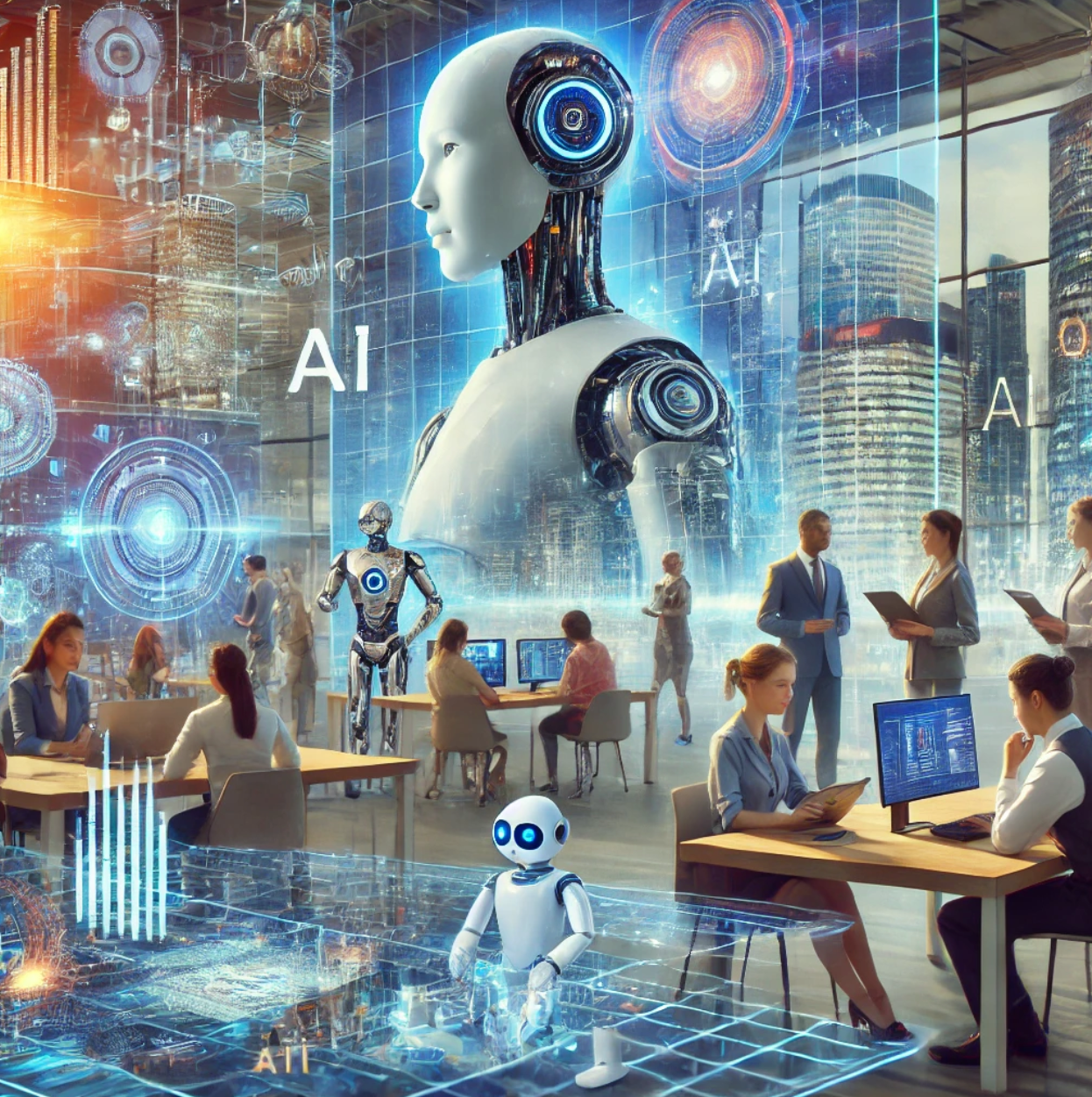
The Evolving Nature of Jobs: The Rise of the “Gig Economy”
AI could also lead to the rise of the "gig economy," characterized by short-term, project-based work. This could offer flexibility and autonomy for some, but it could also create challenges related to job security, benefits, and worker protections. Regulations and policies need to adapt to address the changing nature of work in the gig economy.
Preparing for the Future: Embracing AI While Protecting Workers
Here are some key considerations for navigating the future of work:
- Ethical Considerations: AI development and deployment must be guided by ethical principles that prioritize transparency, accountability, and human well-being.
- Investing in Public Infrastructure: Governments should invest in public infrastructure and education systems to ensure all citizens can access the resources and skills needed to thrive in the AI-powered economy.
- Open Dialogue and Collaboration: An open dialogue between policymakers, businesses, educators, and workers is crucial to develop comprehensive strategies for navigating the transition to an AI-powered future.
Conclusion: A Human-Centered Future Powered by AI
The future of work with AI is not a dystopian vision of widespread unemployment. Instead, it presents an opportunity to create a more efficient, productive
Sign Up For Our Weekly Newsletter and Get Your FREE Ebook " AI For Everyone - Learn the Basics and Embrace the Future"
